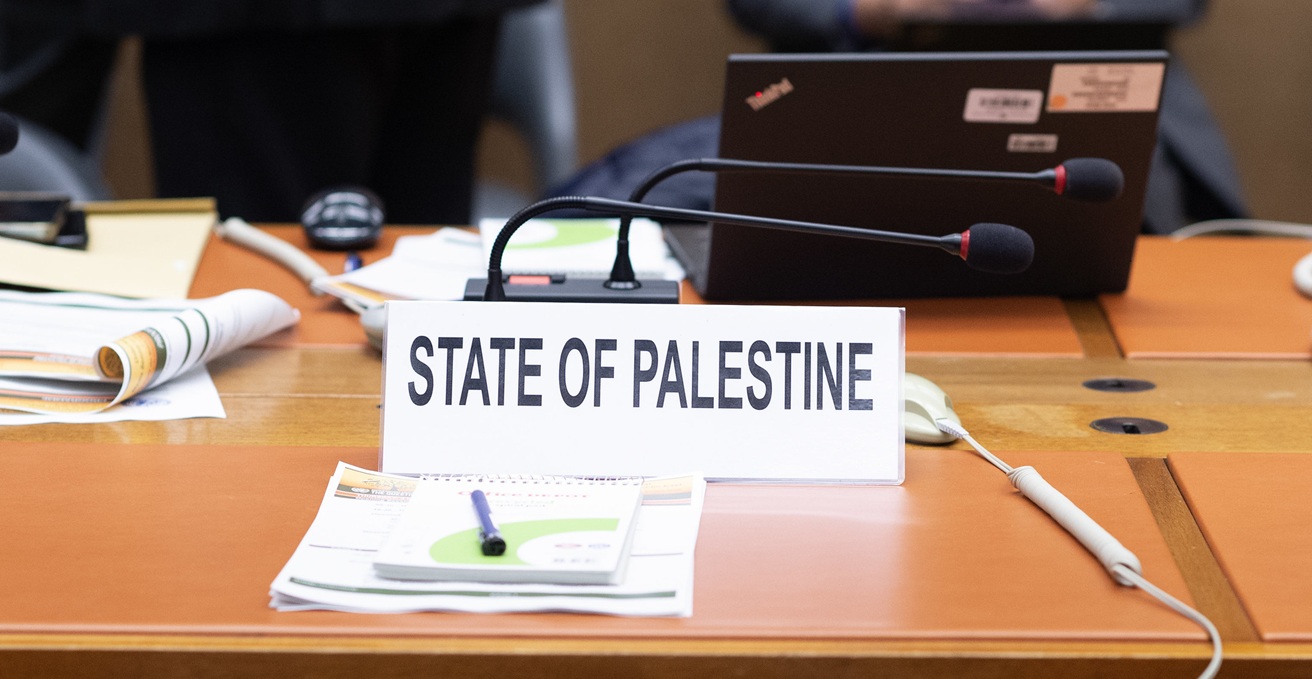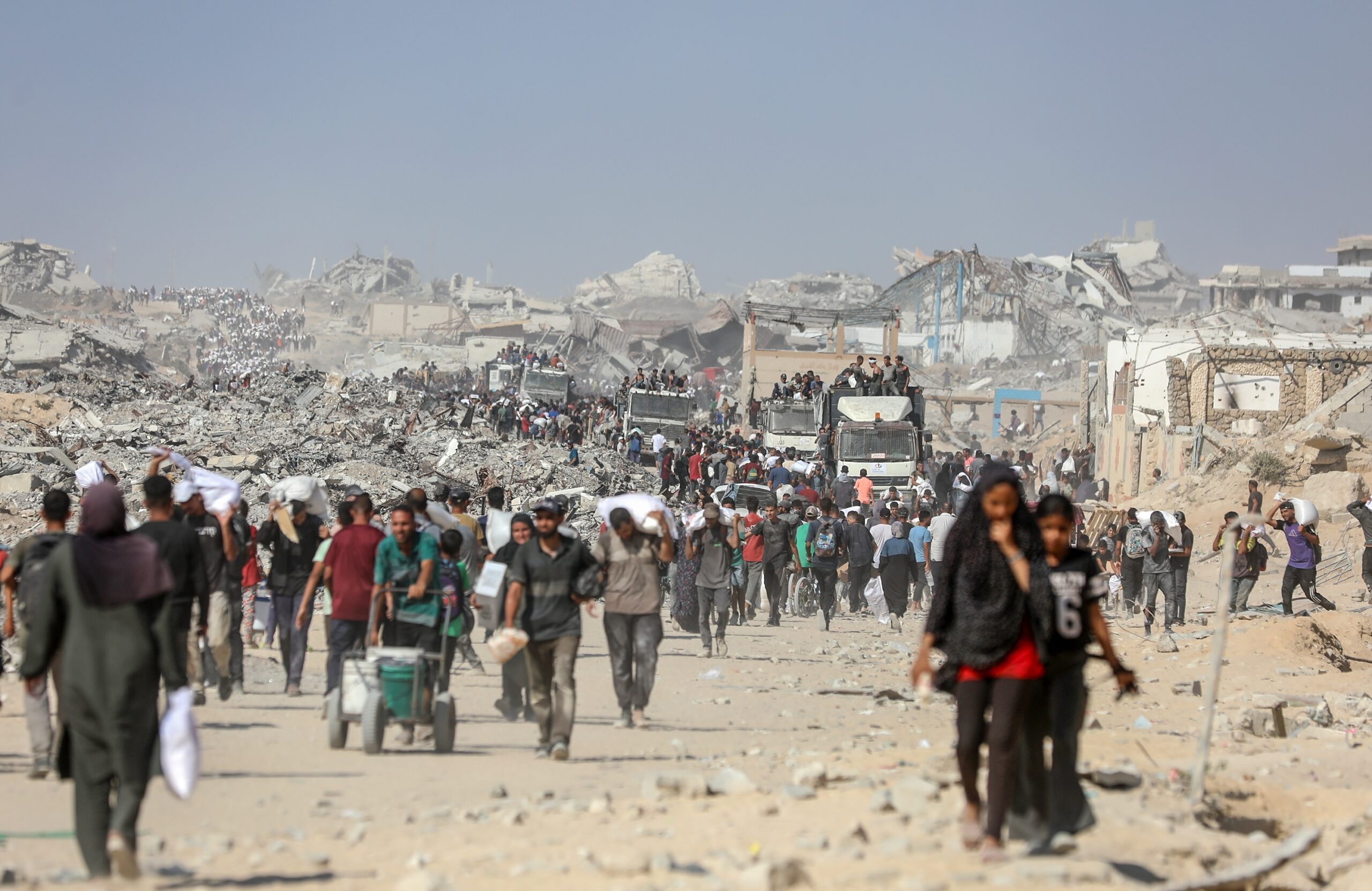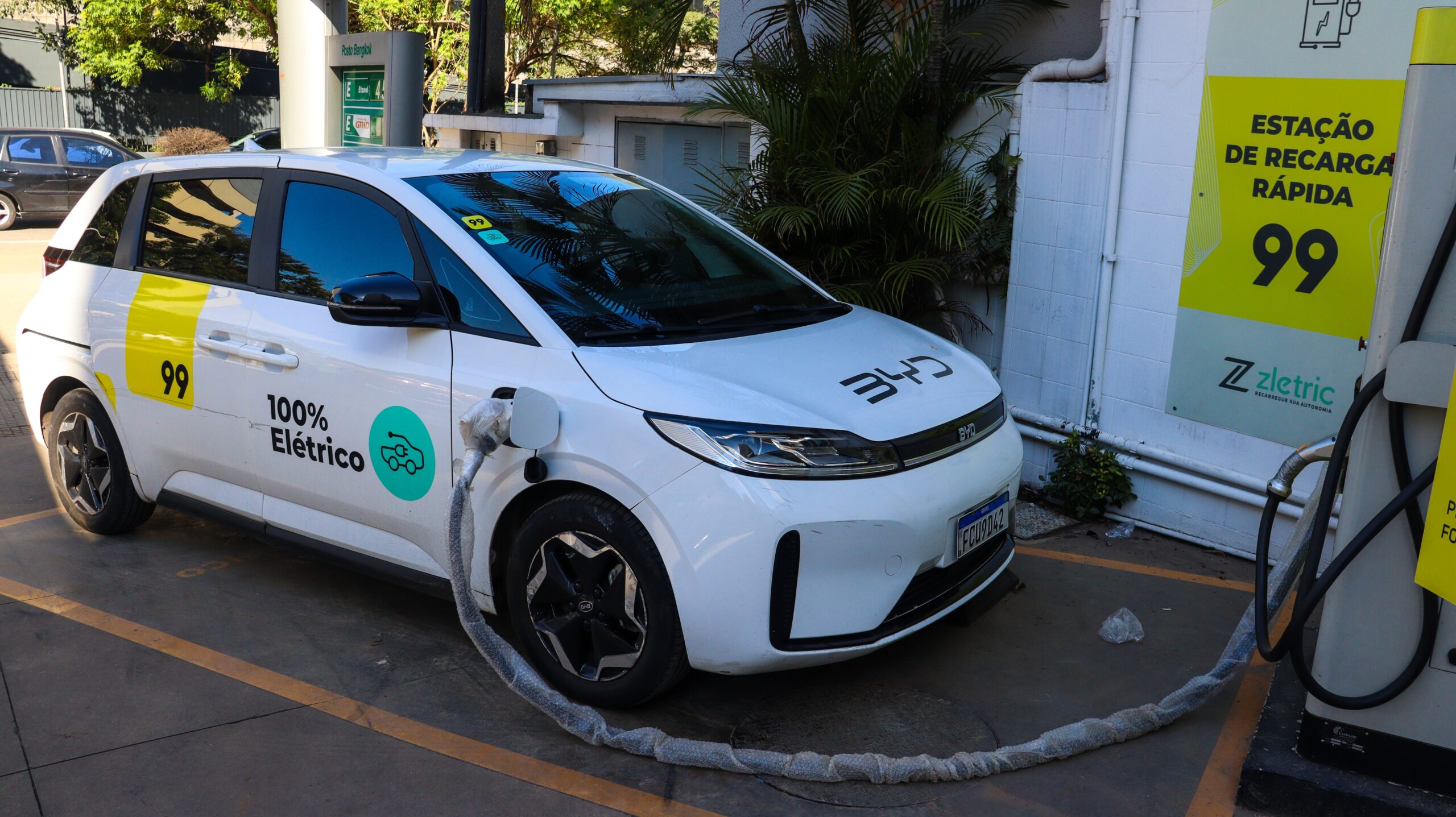A growing international consensus—reflected in public opinion and led by liberal democracies—is calling for the recognition of Palestinian statehood as a step towards lasting peace. For Australia, aligning with this movement would reaffirm its commitment to a values-based foreign policy and strengthen its credibility as a principled middle power.
After the French President, Emmanuel Macron, posted on social media France’s readiness to recognise Palestinian statehood, the UK Prime Minister Kier Starmer said the UK would follow suit if Israel did not stop the war in Gaza. A global consensus is emerging on the question of Palestinian statehood, now advocated by many liberal democracies. The call for recognising Palestine is consistent with public opinion in Australia and aligns with Australia’s claim to pursuing a values-based foreign policy. It is in Australia’s national interest to take this call seriously.
In a May 2025 public opinion survey, 82 percent of Australians saw Israel’s blockade of Gaza—preventing the shipment of food, water, and medicine—as “unjustified.” 67 percent said the Australian Government should do more to address the humanitarian crisis.
This is reflective of global public opinion more broadly, appalled by the extent of damage, destruction, and human misery that Israel has visited on Palestinians in Gaza. Calls for an end to the war and an end to keeping Palestinian statehood hostage to consent by Israel has been reinforced. Prime Minister Benjamin Netanyahu and his right-wing coalition government have made it clear they will not concede. Australia should not allow Israel to veto Palestinian statehood.
Australia prides itself for advocating a rules-based international order that upholds our humanitarian values. Foreign Minister Penny Wong has underscored the importance of pursuing a rules‑based approach to Gaza, and during a Middle East visit in early 2024, she “expressed Australia’s support for a two‑state solution in which Israelis and Palestinians can live in peace and dignity, and security.” In July 2025, Australia signed a joint communiqué with 27 allied nations condemning Israel’s aid restrictions and civilian casualties, and calling for a ceasefire. Prime Minister Anthony Albanese, meanwhile, has described the situation in Gaza as “a humanitarian catastrophe.”
Recognition of statehood affirms Australia’s commitment to self-determination under international law. This is not about identity politics; it is about forming policy grounded in values, law, and consistency. As a middle power, it serves Australia to promote a law-based international order. This consistency in the application of universal values enhances Australia’s standing in multilateral forums and strengthens its capacity to advocate on other global issues—from arms control to climate justice. By grounding its policy in the principles of international humanitarian law and protection of civilians, Australia will reaffirm its position as a principled middle power, contributing to a livable international politics, and maintaining its reputation.
Critics may argue that recognising Palestinian statehood risks straining Australia’s alliance with the United States, which has historically vetoed such moves at the United Nations Security Council. But principled disagreement among allies is neither unprecedented nor detrimental to long-term cooperation. Australia’s recognition of the People’s Republic of China in 1972, and its vocal opposition to apartheid in South Africa occurred in defiance of prevailing US policy. They did not rupture Australia-US alliance.
Indeed, US foreign policy itself is evolving. There is a debate within the US Congress, civil society, and even parts of the Democratic Party about conditioning aid to Israel, recognising Palestinian rights, and ending blank-cheque support for policies that undermine a two-state solution. As a close ally, Australia has the capacity and responsibility to influence US thinking by demonstrating what principled leadership looks like. Rather than undermining the alliance, such a move would signal that shared values remain the bedrock of international engagement.
International momentum for Palestinian recognition is building. 147 countries already recognise the State of Palestine, including many of Australia’s traditional partners in the Global South. In May 2024, Norway, Ireland, and Spain joined this list, explicitly citing the need to preserve the viability of a two-state solution in the face of escalating violence. France has indicated that recognition is no longer a question of if, but when. Australia should not isolate itself from this emerging consensus.
Recognition does not entail endorsing Hamas or excusing violence. It is a formal acknowledgment of the Palestinian people’s right to self-determination and a precondition for a genuine peace process. It also enables Australia to engage more effectively with Palestinian institutions, support democratic governance, and contributing to long-term state-building.
Recognising Palestinian statehood would not isolate Australia. It would align it with the majority of the international community, affirm its support for a just and lasting peace, and reinforce the credibility of its value-based diplomacy for a rules-based international order.
Professor Shahram Akbarzadeh is an expert on the Middle East and international relations. His latest book Middle East Politics and International Relations: Crisis Zone traces the impact of foreign interference on the geopolitics on the Middle East.
Samantha Balaton-Chrimes is an Associate Professor of Politics at Deakin University. Her research seeks to better understand and remedy marginalisation of minorities in postcolonial contexts.
This article is published under a Creative Commons License and may be republished with attribution.





